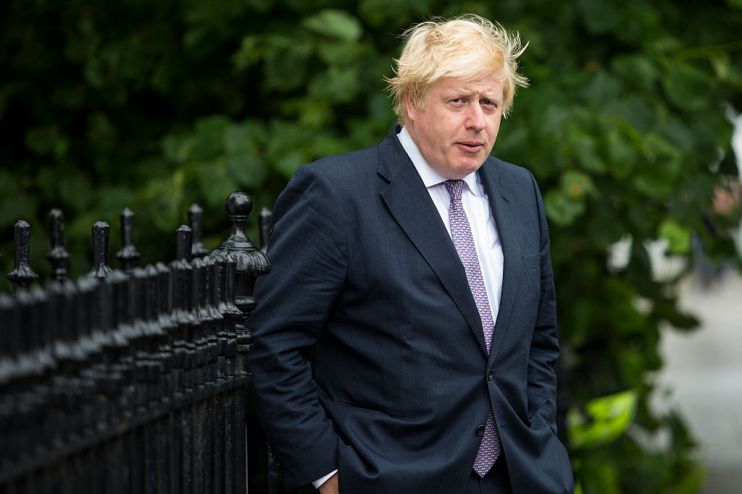Can the UK deal with both Brussels and DC?

To take Donald Trump literally, but not seriously, is a mistake that many have made since he transitioned from waning reality TV star to political insurgent and leader of the free world.
It is true that many of his chosen and oft-quoted facts are at best disputable, and his tweeted assaults on the English language are enough to make any linguist wince. But for all the smug fact-checkers pointing out his (literal) inaccuracies and inconsistencies, the serious message gets through — a business-friendly strongman who is willing to go further, and faster, than anybody else to get what he wants, no matter the international opprobrium.
It certainly seems to have been understood by the French, who are retreating at some speed from their plans for a unilateral digital services tax after being hit by a particularly punchy presidential barrage.
The EU, however, is very much a literal being; it lives and dies by rules and regulations, treaties with single clauses the subject of interminable negotiations between member states. The air wars are mere sound and fury; what matters in Brussels is the ink on the page.
If the British government is to successfully navigate the next year of trade negotiations, with both Europe and the US, it will need to play both games at once. Over the weekend, Sajid Javid took the Trumpian route, though he won’t appreciate the comparison.
In essentially repeating manifesto commitments to leave the single market and telling bosses to like it or lump it, he sent both UK businesses and European politicians into apoplexy, forcing the government to row back yesterday and promise car makers there will be no cliff edges and that Britain still wants an agreement with the EU that protects supply chains.
So as the government’s policy remains to have a European cake and eat an American one, too, it is about to embark on extremely complex parallel negotiations with two wildly different entities: a White House that shoots from the hip and behaves in unorthodox ways to get what it wants, and a European Union that wraps itself in legalese in order to protect its interests.
The formation of a joined-up team, as we report today, is a welcome sign that the government plans to take both strands seriously and attempt to keep both of its negotiating feet steady on what will be a narrow tightrope.
This will be a mighty test for a country that hasn’t negotiated its own terms of trade for decades, but if approached correctly there are significant gains to be had.
Main image: Getty